
Critical Key Success Factors in ERP Implementation
People frequently enquire about how they may secure a successful ERP adoption. The truth is with the introduction of cloud ERP, ERP deployment methodologies and best practices have evolved. It is critical to develop and evolve your process as industries change in order to achieve a successful go-live. ERP is now widely used in scores of large enterprises, and even small businesses employ various ERP software. However, not every business benefits from implementing an ERP system. Successful ERP installations don’t just happen, as we are sure you are already pretty aware of. To get a whole new system up and operating, it takes a lot of hard effort from a lot of dedicated people. Embracing or rejecting a company’s new ERP system could either lead to their success or failure, the ball is in their court.
We have worked on three different ERP systems, and in our experience, businesses fail to set up ERP systems because they are unable to achieve the specified aim. ERP is not only a technology that assists management, but it is also a management style. ERP has numerous advantages, but in general, any ERP system delivers two significant advantages that are not available in non-integrated departmental systems.
- A single business picture that incorporates all functions and departments
- All business transactions are input, recorded, processed, and monitored in an enterprise database
People frequently inquire about how they may secure a successful ERP adoption. The truth is, with the introduction of cloud ERP, ERP deployment methodologies and best practises have evolved. It's critical to develop and evolve your process as industries change in order to achieve a successful go-live.
Top Critical Key Success Factors for ERP Implementation
Many businesses regard the lengthy and sometimes difficult process of selecting an ERP system to be trivial in comparison to what comes next: ERP deployment. Clearly, the ERP implementation is as crucial as the selection process, despite the fact that an implementation is usually regarded as a more complex and frightening endeavour that can be highly disruptive to a firm, particularly if things go wrong. That can be verified simply by reading the numerous horror stories in the industry news regarding large-scale ERP failures at some of the world's most well-known companies. The social media sphere takes it a step further, with innumerable blogs, tweets, and posts from users lamenting unmet ERP expectations. It's not surprising, however, that most businesses are nervous about an upcoming ERP rollout. While practically any ERP implementation can be complex and difficult, success can be the rule rather than the exception.
- Choose ERP software that is compatible with your organization's "to be" procedures (rather than the processes it is now employing). This is a very important point that many businesses choose to overlook. When it comes to software selection, keep an eye on how the business will be managed in the future so that it can take advantage of all the great benefits that an integrated solution can provide. Choosing an enterprise solution that corresponds to a company's current status is like rebuilding a house before gutting it - it's a waste of time and money.
- Ensure that ERP suppliers demonstrate their goods in relation to your company's specific and unique requirements. You risk selecting software based on canned demos and industry "best practises" rather than finding one that actually meets your organization's needs if you don't offer potential suppliers with a clear roadmap of your organization's ERP objectives and desires. It's critical to complete your homework ahead of time before calling in the vendors.
- Ensure that the executive team's goals are aligned. ERP failures are frequently linked to a lack of executive alignment and buy-in, at least in part. Taking the time to achieve alignment among the organization's senior employees will pay off throughout the project lifecycle, even if it is easier said than done. Without a consistent support infrastructure, an ERP project will quickly founder.
- Know what you don't know — and receive the help you need to find out what you don't know. Don't assume your employees know how to correctly integrate an ERP system; chances are they don't. Consultants can assist with everything from selection through business process management, implementation, training, and organisational change management. The good ones, like SGen, may step in at any point during the project and start working on it.
- Don't forget about your fellow citizens. From the moment they hear the term "ERP implementation," your staff will have questions, concerns, and fears. This is not the time to remain silent. If in doubt, err on the side of excessive communication. In your talks with them, be honest, transparent, and team-oriented, and solicit feedback. Simply put, you require their assistance and support in order to achieve ERP success.
- It's critical that your ERP project has the support of your leadership team. We recognise that projects flourish when everyone is working from the same set of facts, which is why SGen’s data is stored in a single database, providing SGen’s employees and clients with the same perspective of a project's status. Power BI dashboards with near-real-time updates provide a bird's-eye view of the implementation and ensure that everyone is on the same page. Sgen believes in being the game-changer. Clients can see how a project is moving in terms of numbers, and project managers may rapidly identify obstacles.
- The top personnel from within your firm should make up your ERP installation team — they are your rock stars, the folks who know your current procedures inside and out. Internal resources should be able to comprehend the company's overall demands and be entrusted with important decision-making authority and responsibility. SGen comes with a library of top-notch workflow processes tailored to your sector, allowing consultants to focus on their core competencies. Our technique blends agile and waterfall methodologies as well as sprint-based work, allowing our consultants to shadow, interview, design, and leave a beautiful set of processes and records behind.
- A well-defined and stated scope of work can mean the difference between a disastrously failed project and a very successful project with enormous advantages. The requirements of the project and the resources that must be deployed are based on the scope of the project. Don't cut corners when it comes to scoping. It pays to take the effort up front to ensure that EVERYTHING is documented, as well as to set clear objectives and ultimate goals.
SGen Infotech, ERP Consulting Company in the UK
Our team consists of seasoned professionals with a combined experience of more than 20 years. Our experienced consultants assist our clients in achieving positive outcomes. Our knowledgeable consultants can assist with a variety of activities, including solution installation, design and development, localization, and support. We are dedicated to implementing and supporting SAP solutions that enable organisations to respond rapidly to changing market conditions. Customers will experience a seamless digital transformation by utilising these solutions. We assist companies in identifying and implementing industry-leading solutions in order to complete effective digital transformations. We provide our customers with the best-fit solution for their specific company demands. We're developing a global delivery strategy with competitive pricing, a wide range of services, and round-the-clock support.


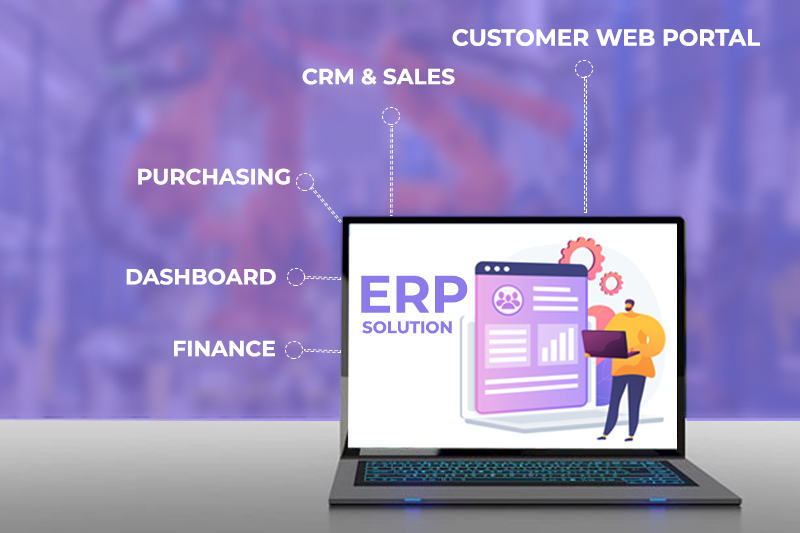
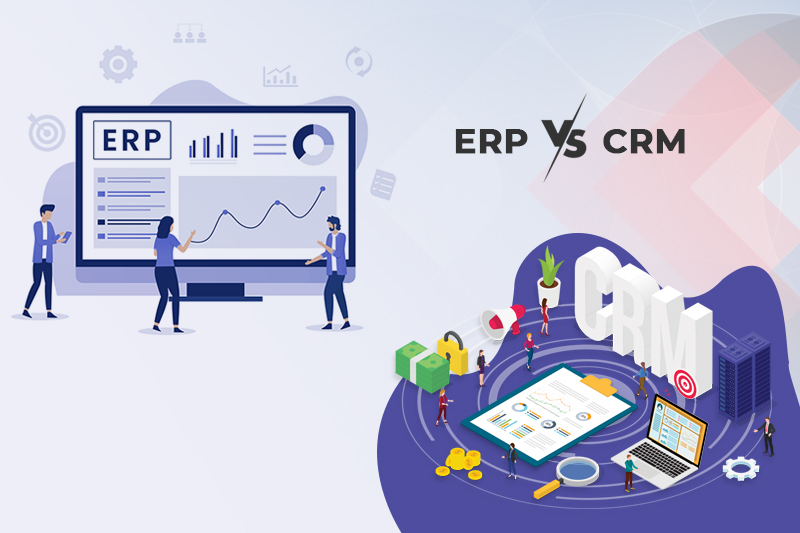
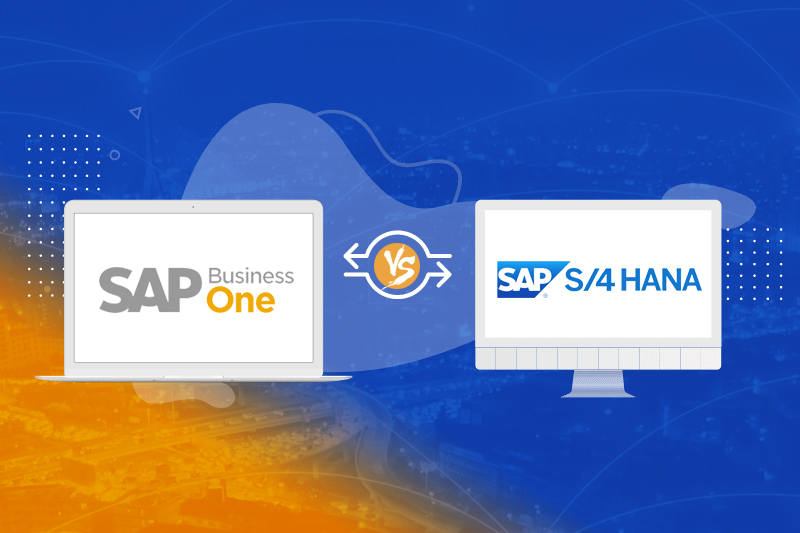
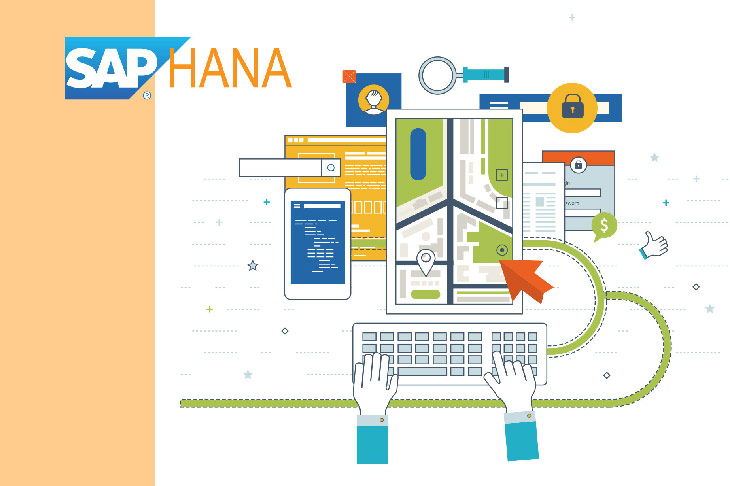
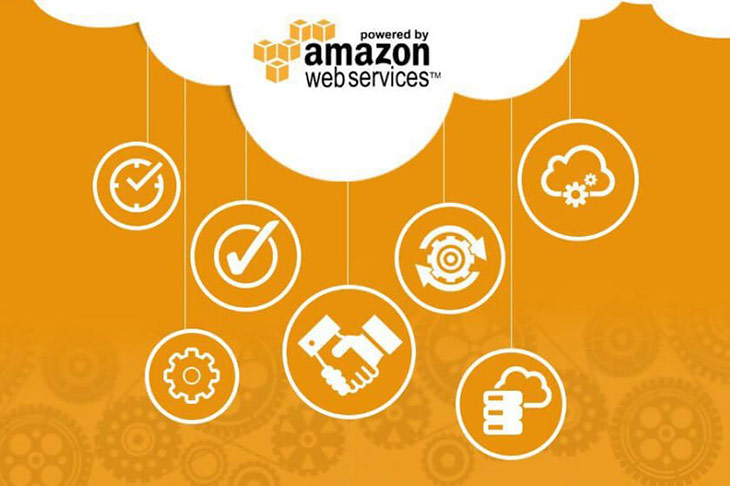
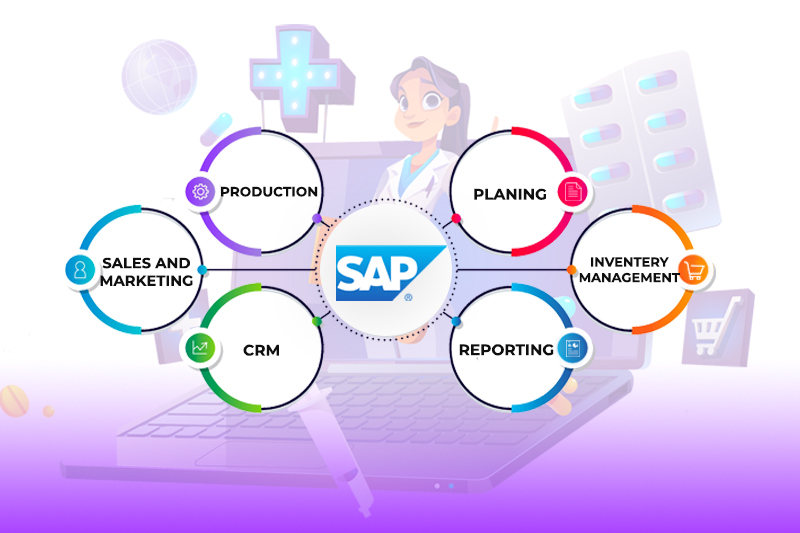

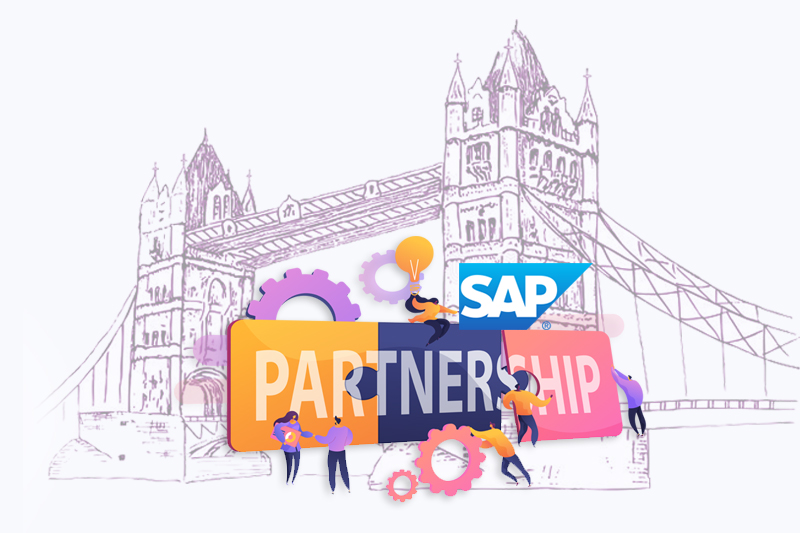


Add a comment